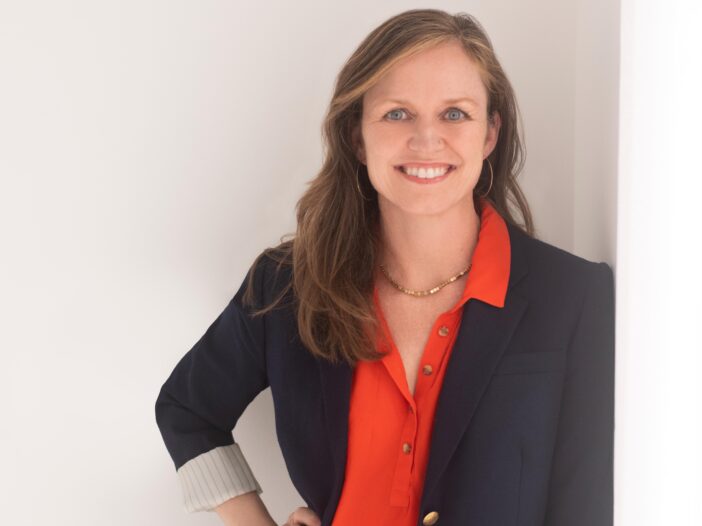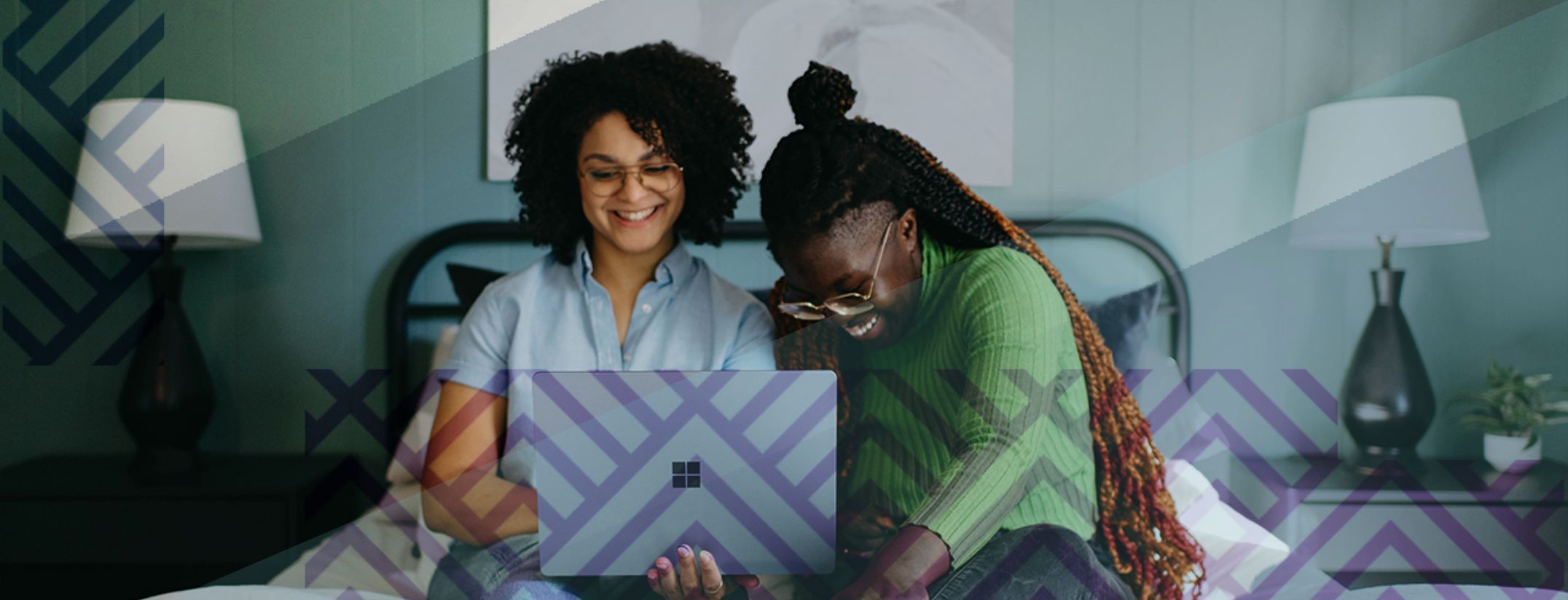
An End to a Brutal Legacy
SCCADVASA is a coalition of non-profits working to end sexual violence in South Carolina
Originally published in the Free Times on April 20, 2023
It’s a haunting statistic – and a so far immutable fact – that 1 in 5 women will be raped at some point in their lives.
The problem of sexual violence is particularly acute in South Carolina with a reported 42.3%—that’s 2 in 5—women and nearly 30 percent of men experiencing some form of intimate partner physical violence, intimate partner sexual violence, and/or intimate partner stalking in their lifetimes. The state averages more than 30,000 such cases each year.
The South Carolina Coalition Against Domestic Violence and Sexual Assault (SCCADVASA) has spent much of the last half-century trying to change that.
Serving as the collective voice for domestic violence programs and rape crisis centers throughout the state, SCCADVASA’s aim is three-fold: to advocate for better laws and policy to make systemic change to how our state handles domestic violence and sexual assault, to provide training, networking, and technical assistance to its members organizations, and to provide prevention education to change the attitude and culture around these taboo issues in local communities.
“When the coalition was founded, the work was initially reactive and advocate-based,” explains Kelly Premo, who serves as the Director of Prevention & Specialized Advocacy for the organization. “The initial focus was on ‘how do we best help these victims and start building these organizations focused on domestic violence or sexual assault, because there’s an overlap in services and outreach between them.’ These groups started to connect and say, ‘I’m doing this work. You’re doing that work. Collectively, we can do more.’ As service provision to survivors improved, the need to focus on prevention became apparent and has grown significantly over the years.”
SCCADVASA’s initial advocacy work had an immediate impact on public policy at the state level — funding increases for domestic abuse programs, passage of the state’s first marital rape bill, and the creation of a domestic violence task force all came to fruition within the first decade of its founding. These successes paved the way for the group to think more expansively about how to move the needle on state’s poor track record for combatting intimate partner violence, bringing an intersectional, public health lens to the problem.
“We’ve made significant progress in the last 20 years, moving from individual, relationship-level work to really focusing on the community and societal-level prevention work,” says Premo. “The fact is, if we’re going to make any real, impactful change, we can’t just keep talking to one person at a time. We have to move up and expand out to reach more people — because ending sexual violence will only happen if we all work together.”
That means not just taking a narrow focus to their core issues of domestic violence and sexual assault, but to think broadly about the intersecting issues and the culture that leads to them. SCCADVASA believes it’s important to take a stand and advocate for all issues that potentially impact victims and survivors including equity in available services, access to abortion care, gun safety measures, victim confidentiality, housing, criminal legal and family court proceedings, and gender-identity among others.
It also means thinking broadly about prevention education, which is Premo’s forte. The organization recently launched its “Talk About It” campaign for Sexual Assault Awareness Month (SAAM) 2023. This is a statewide effort to encourage parents to talk to their kids about healthy relationships, boundaries, and consent, as well as become active in advocating for more comprehensive sex education in their kids’ schools.
Beyond SAAM, SCCADVASA works year-round to provide education and “teach the teacher” training throughout South Carolina. The organization uses the Center for Disease and Control (CDC)’s social-ecological model in their prevention training, which is designed to think about “the complex interplay between individual, relationship, community, and societal factors” that put people at risk for violence or might protect them from that violence.
In practice, Premo says, much of this means talking about healthy relationships with kids using the same language and messages they use with parents and school administrators. These conversations need to be focused on communication, respect, and boundaries rather than leading with physical intimacy or the violence itself.
“Our young people in South Carolina must have the self-esteem to understand their own self-worth and that their boundaries are just as important as their friends’ or partner’s,” Premo says. “Prevention isn’t just talking about sexual-harassment, bystander intervention, or whatever harm it is you’re trying to prevent. It’s about giving people the tools they need to confidently make decisions about their own bodies, and to voice those decisions. It is possible to stop the harm and prevent it in the future.”
Above all, the hope is to change cultural norms and attitudes throughout entire communities and the state of South Carolina. SCCADVASA and member organizations know that by working together, we can prevent the cycle of violence from continuing into adulthood.
To learn more about SCCADVASA’s trainings, events, advocacy efforts, and other issues impacting victims and survivors, go to sccadvasa.org.


